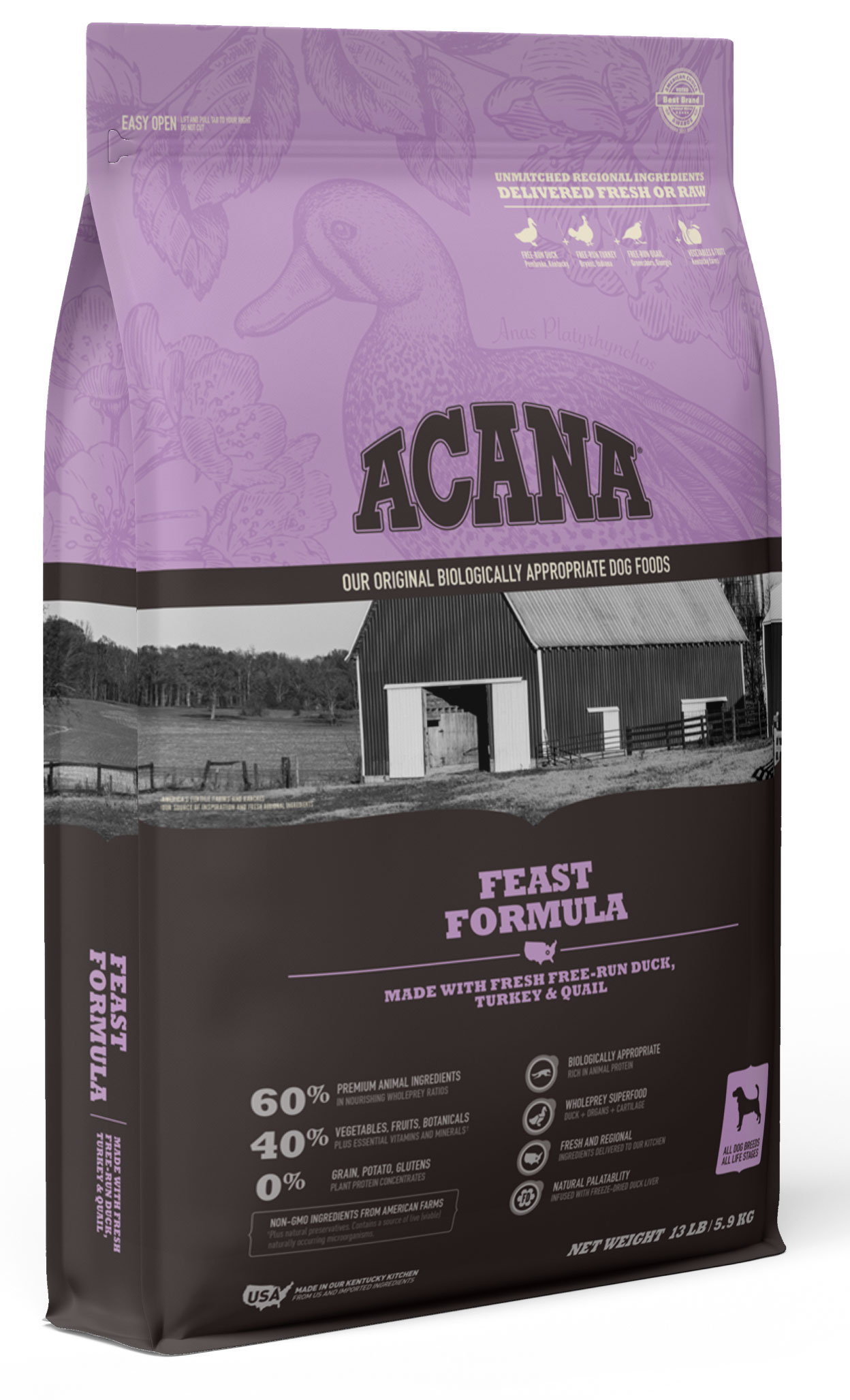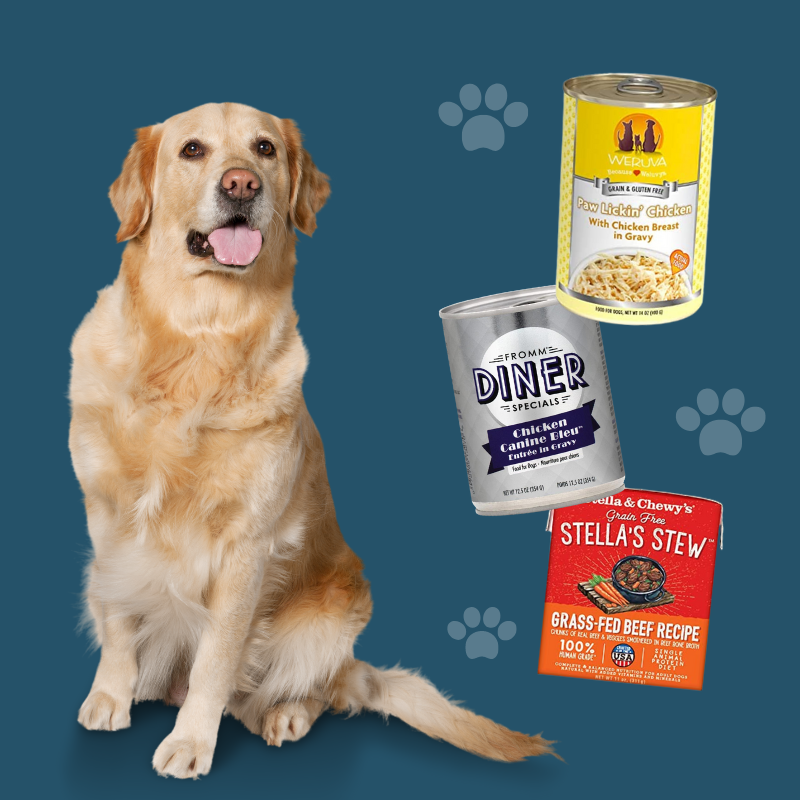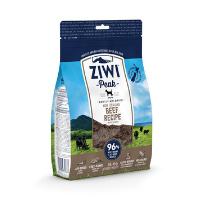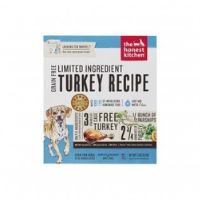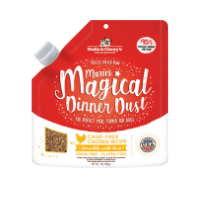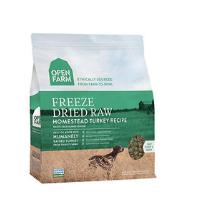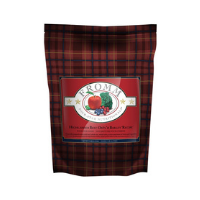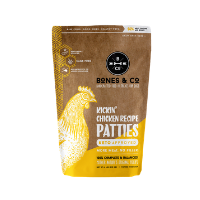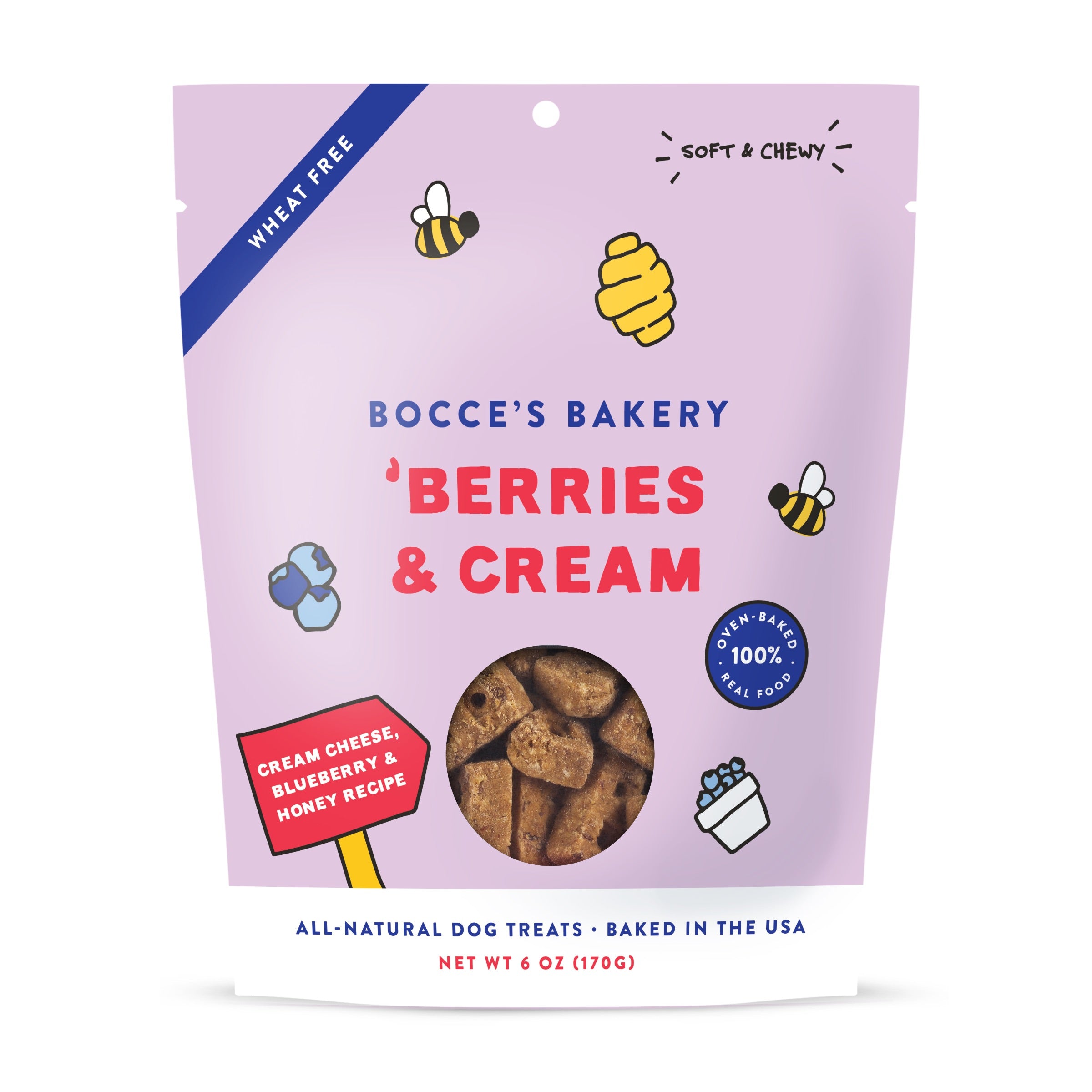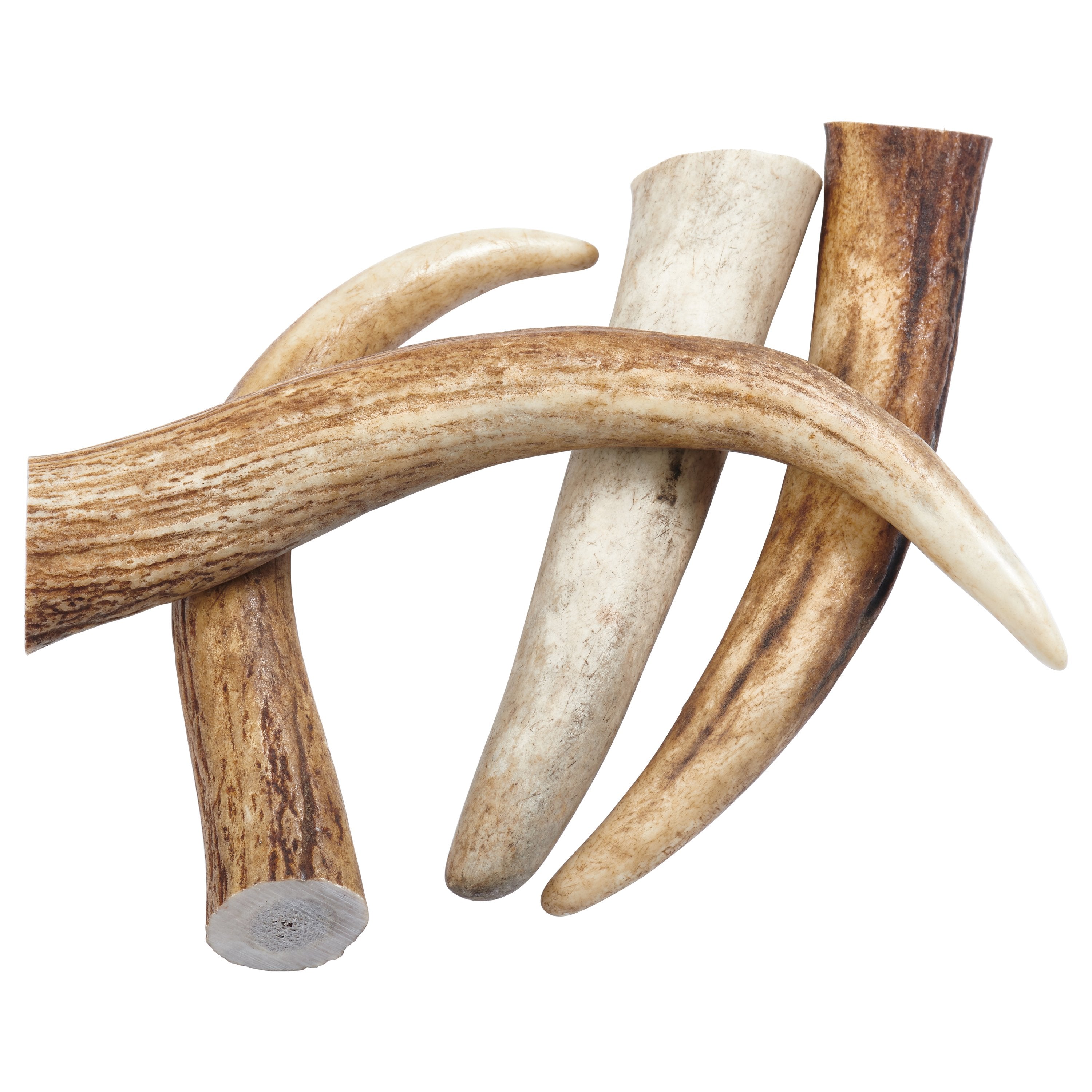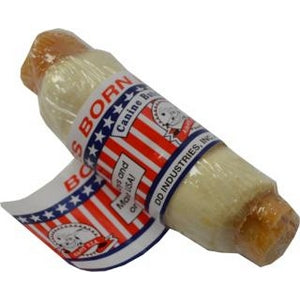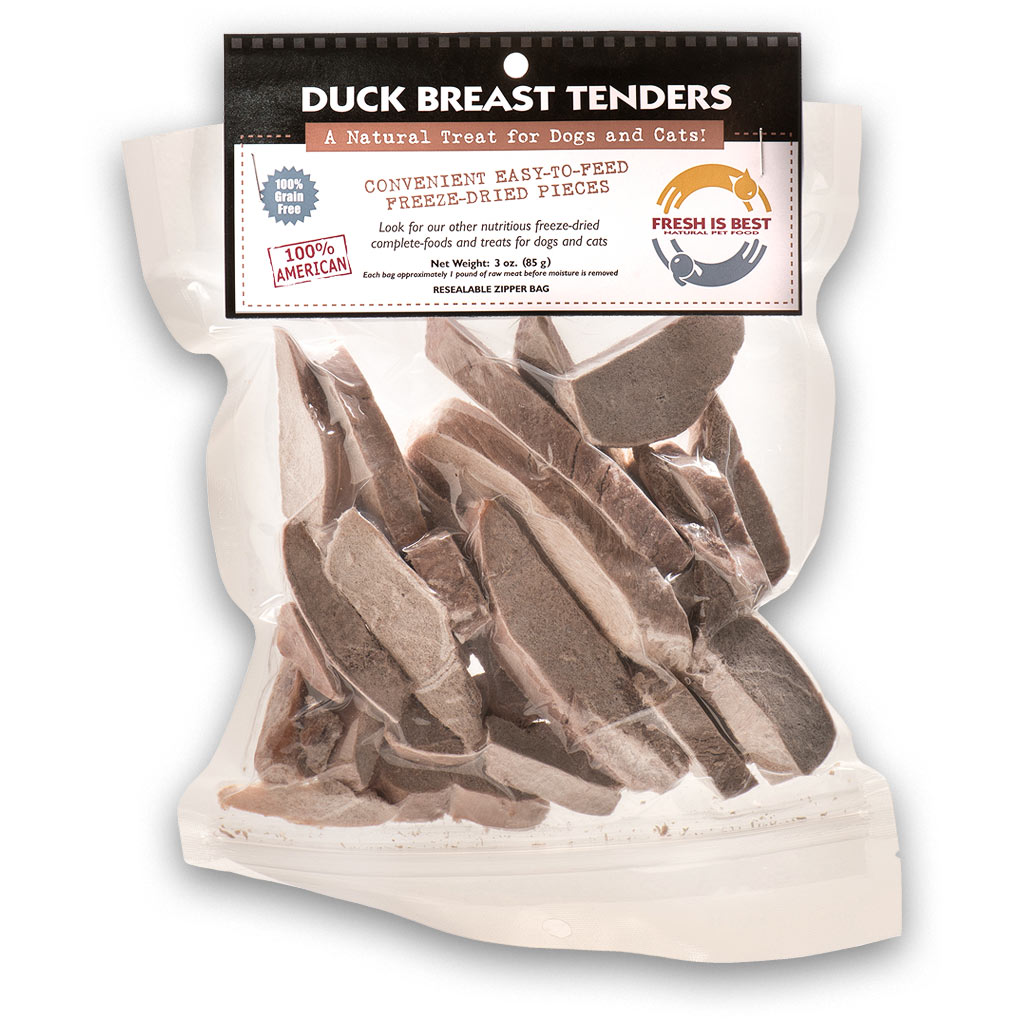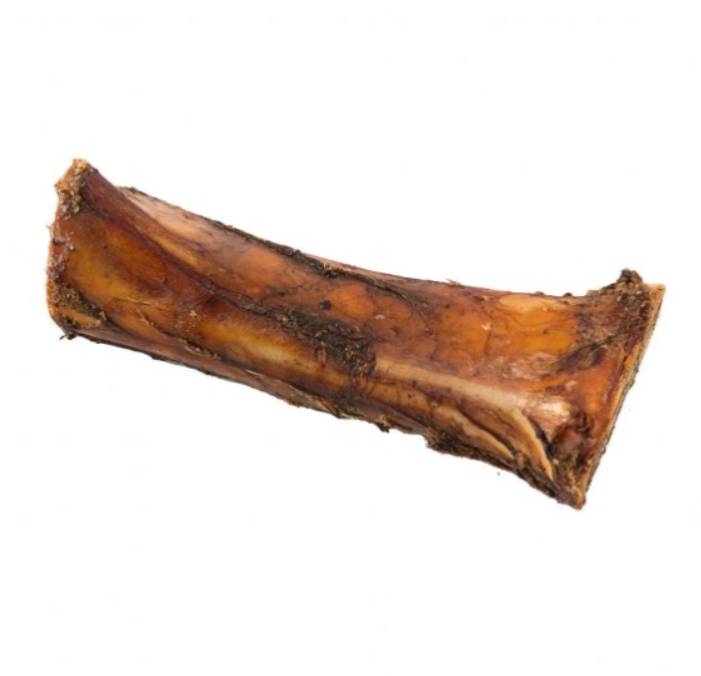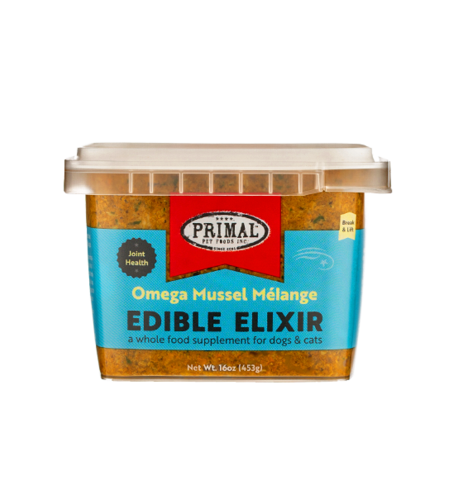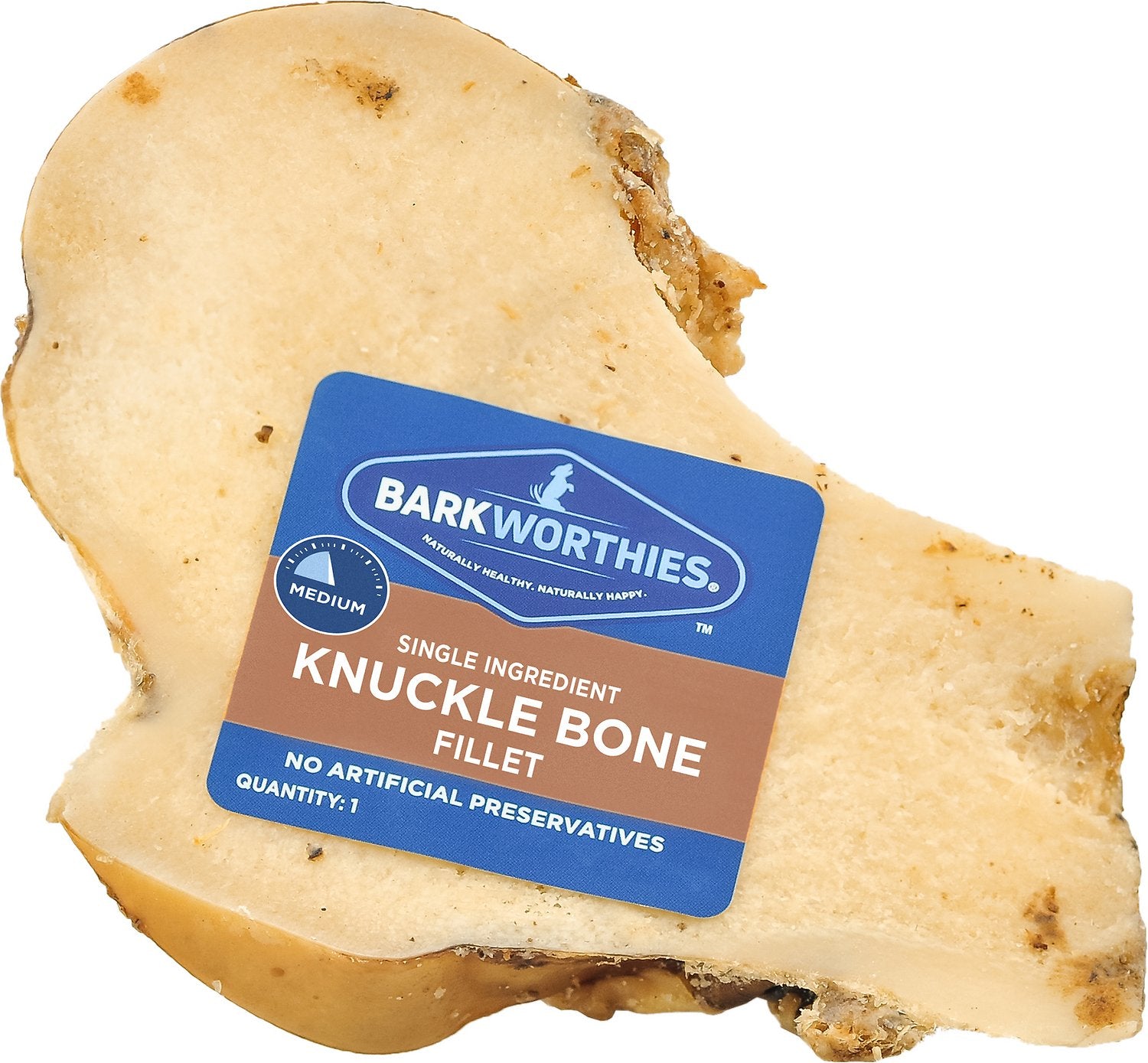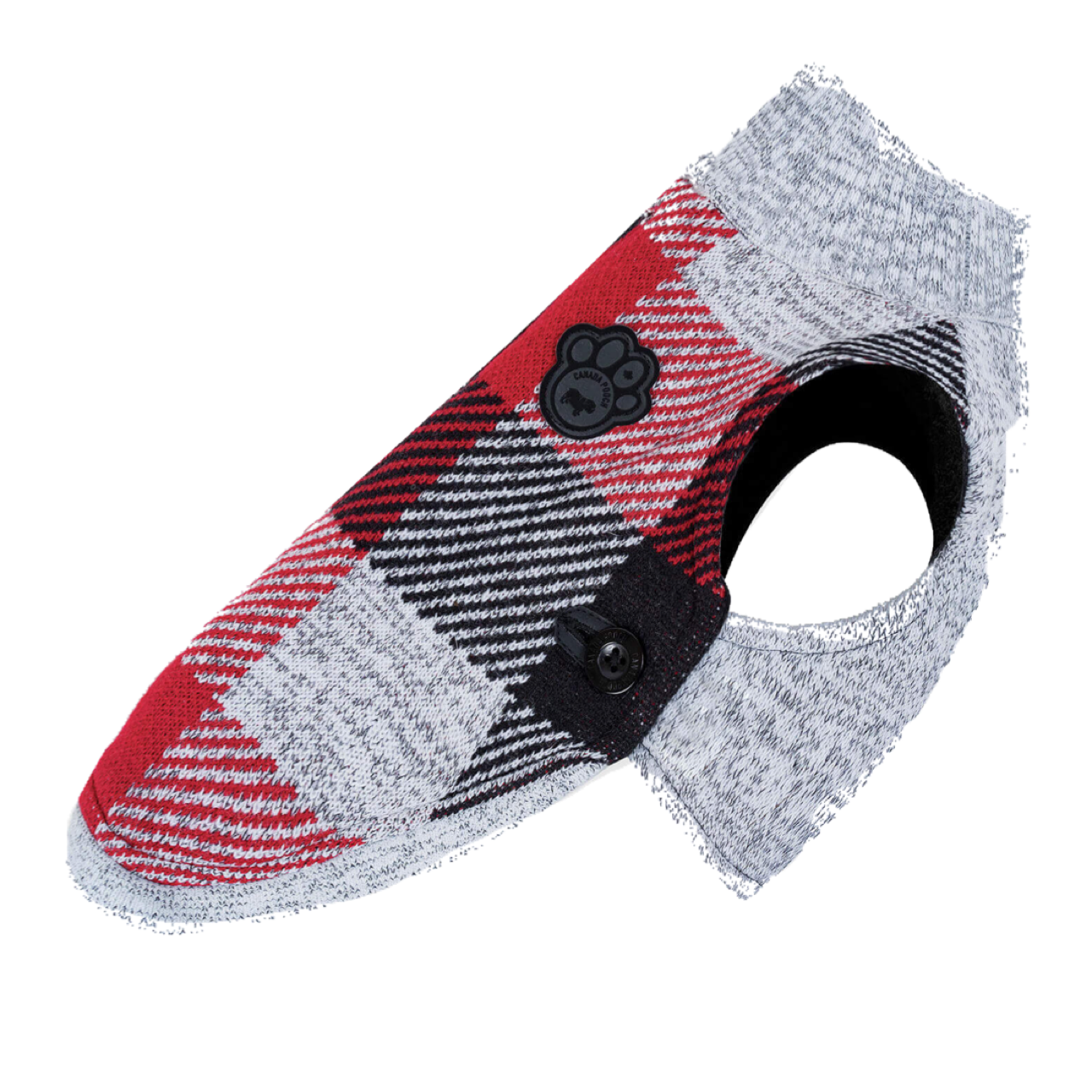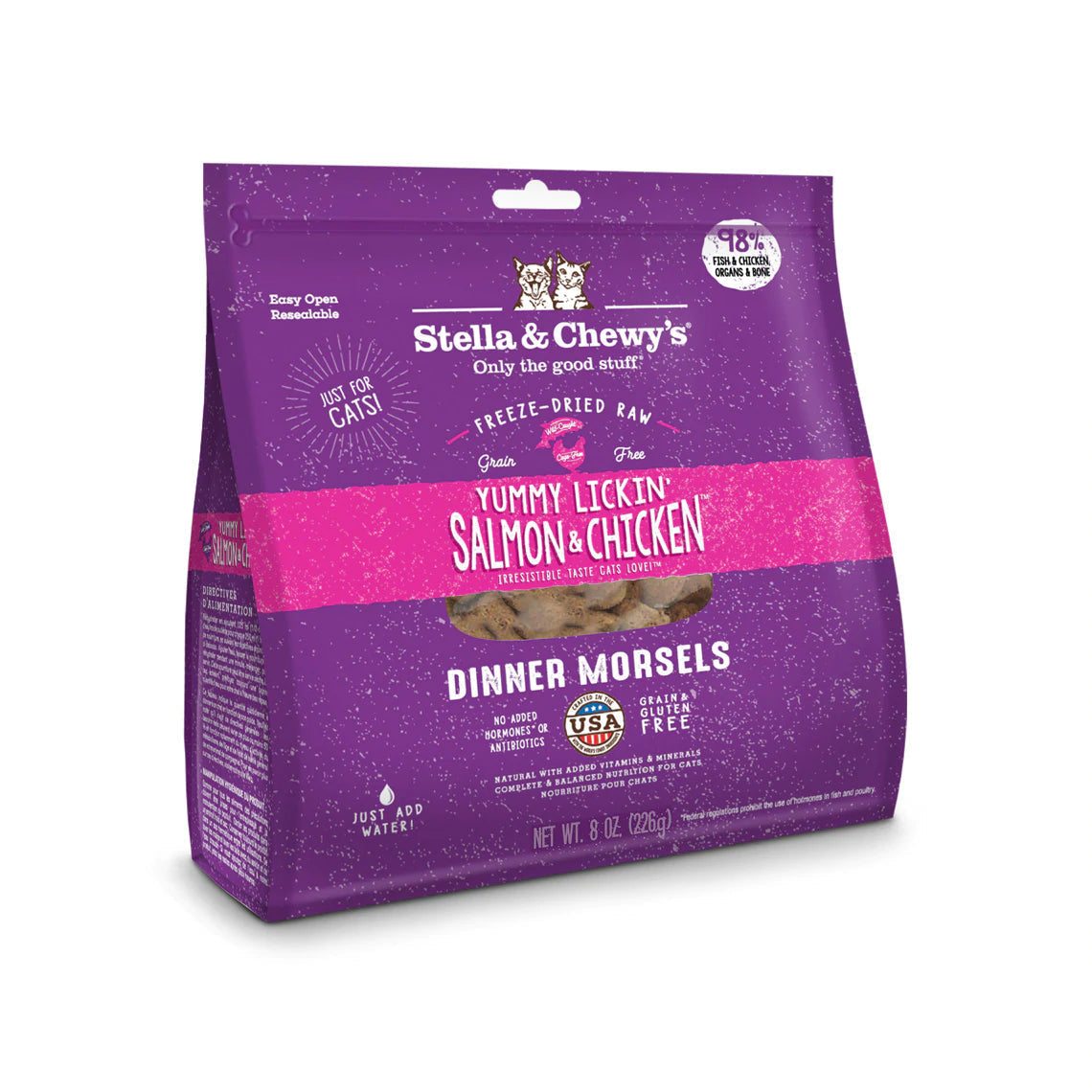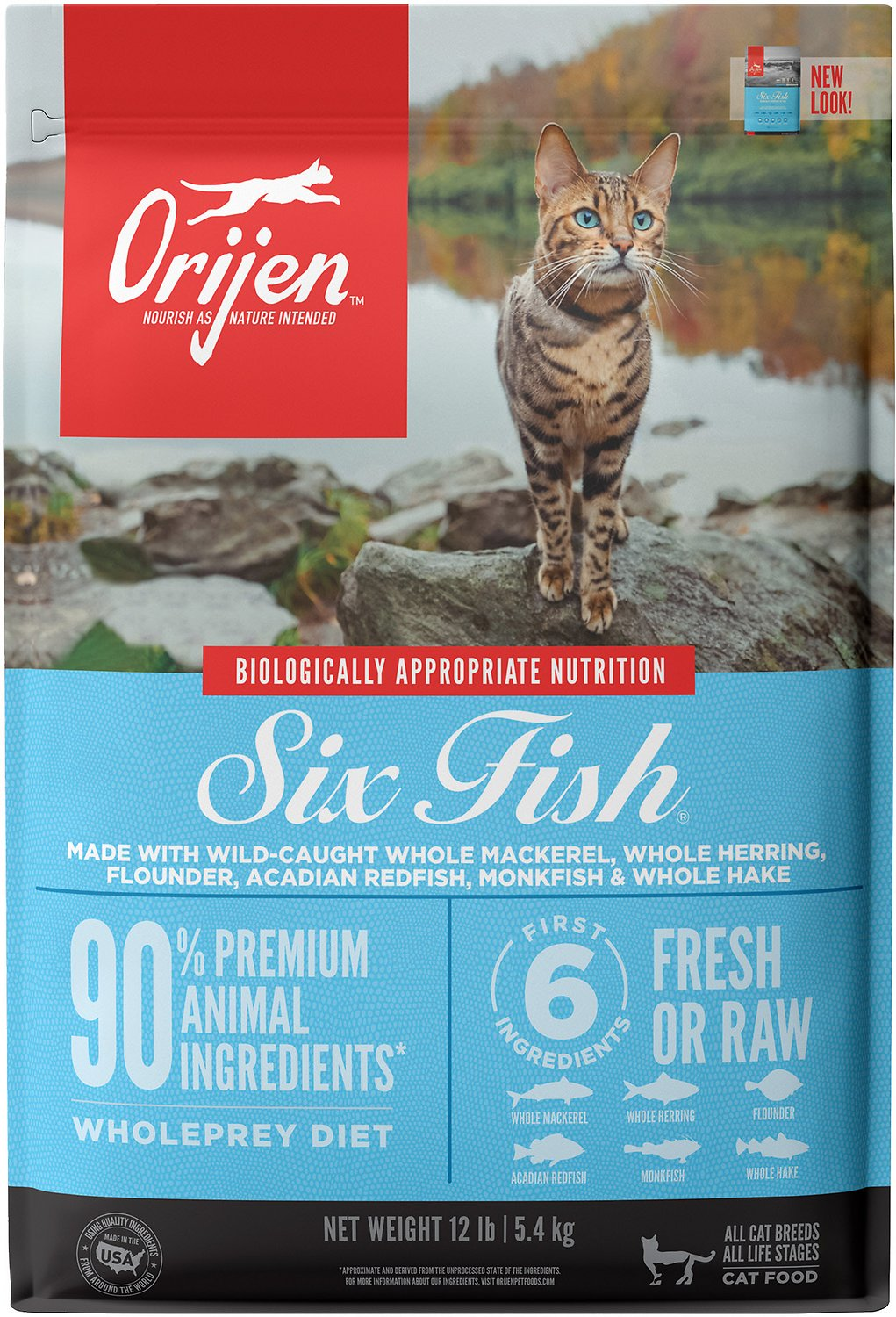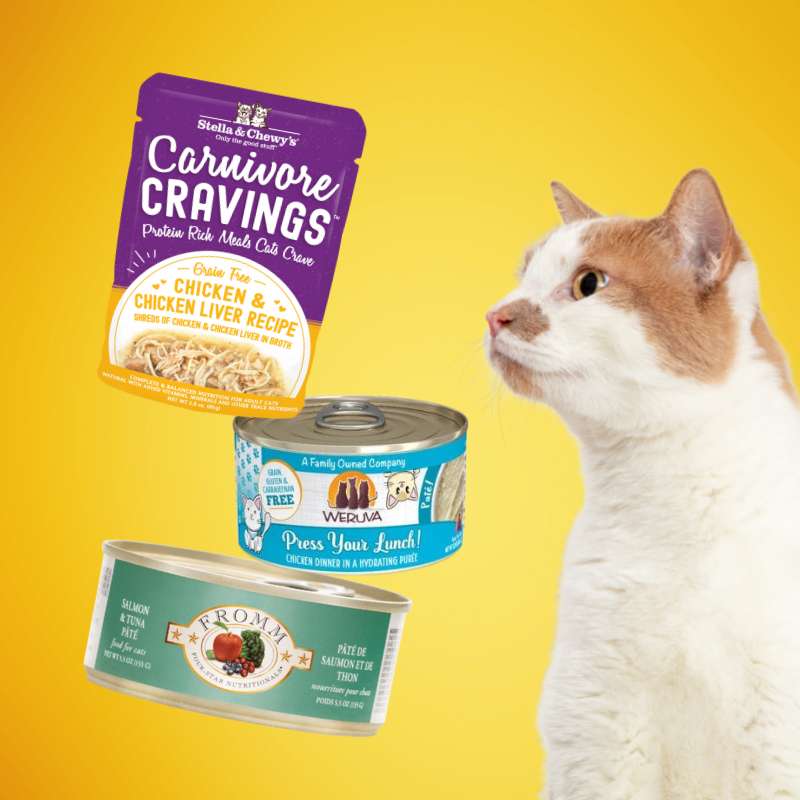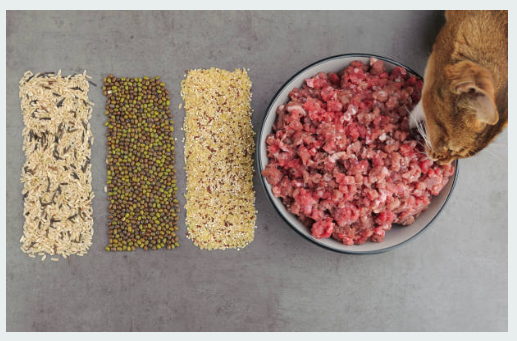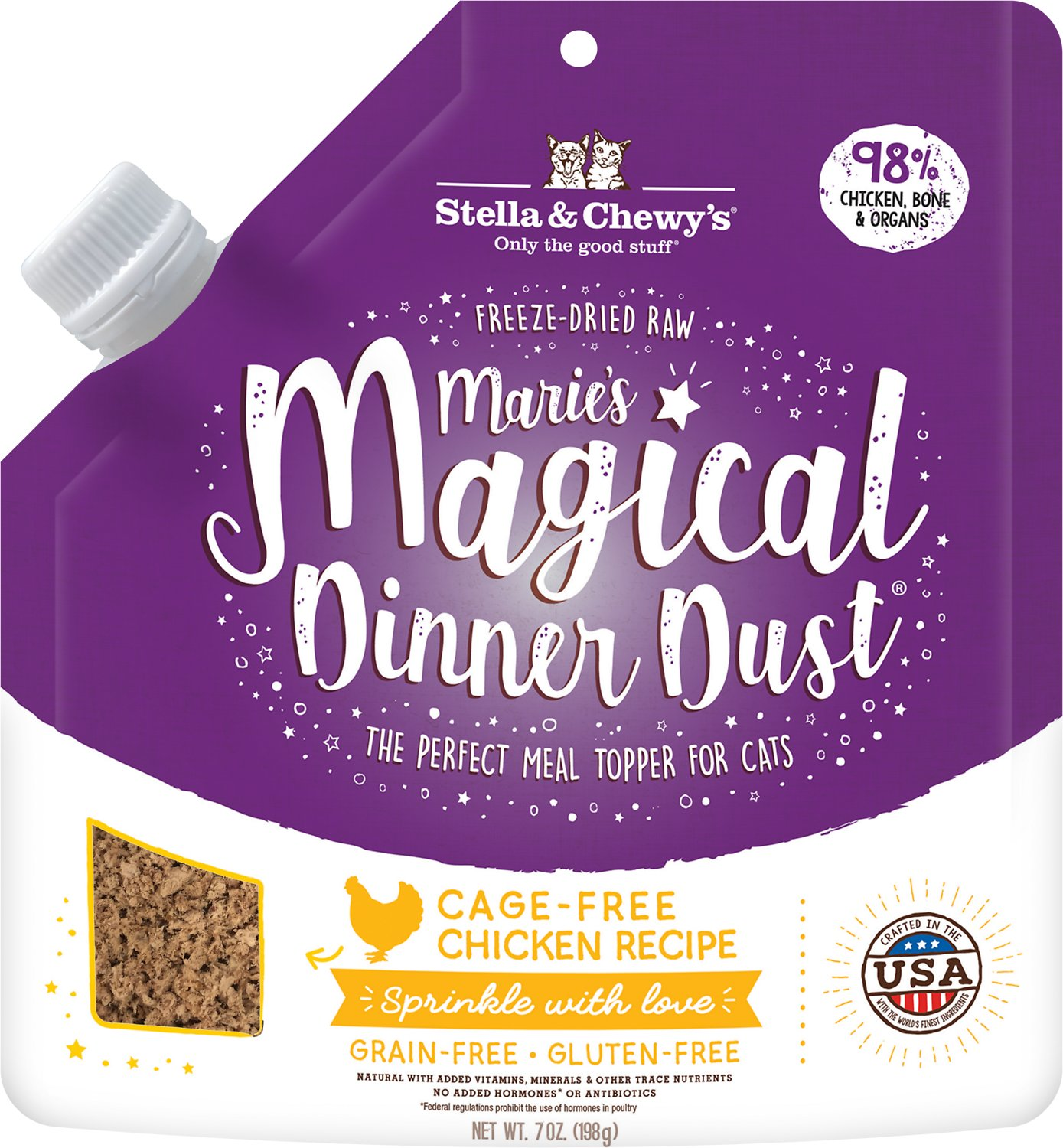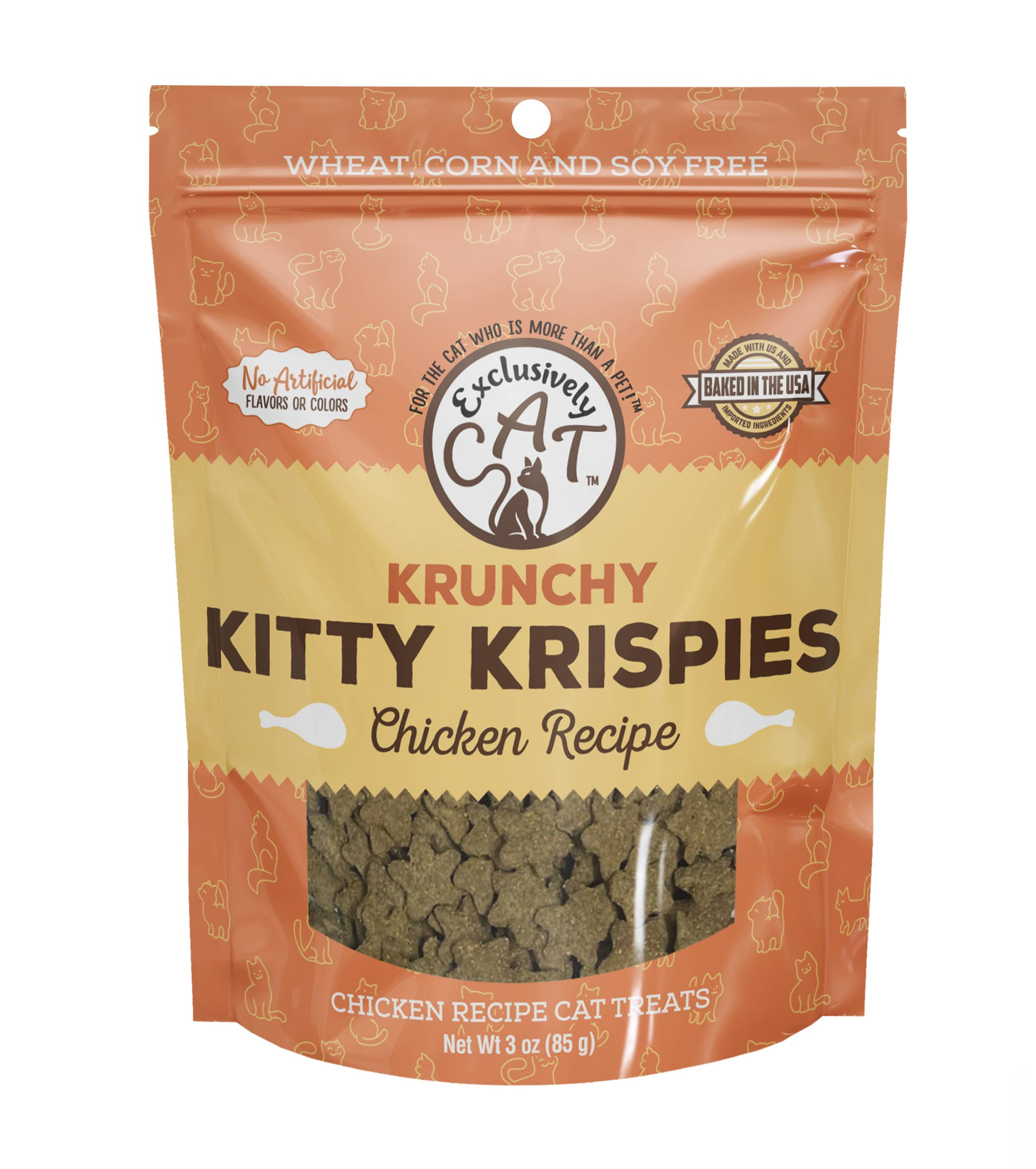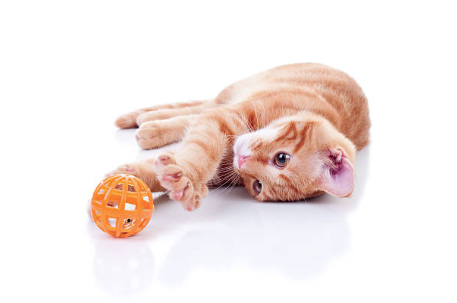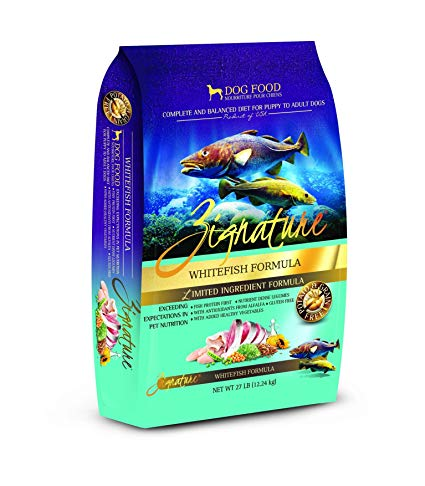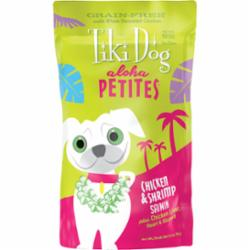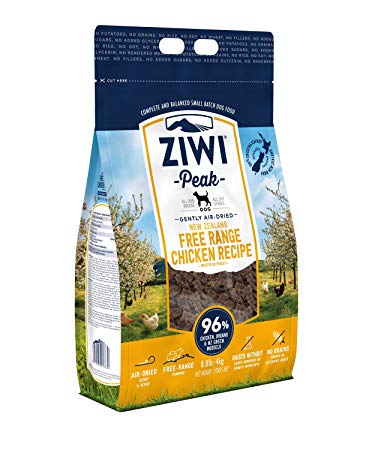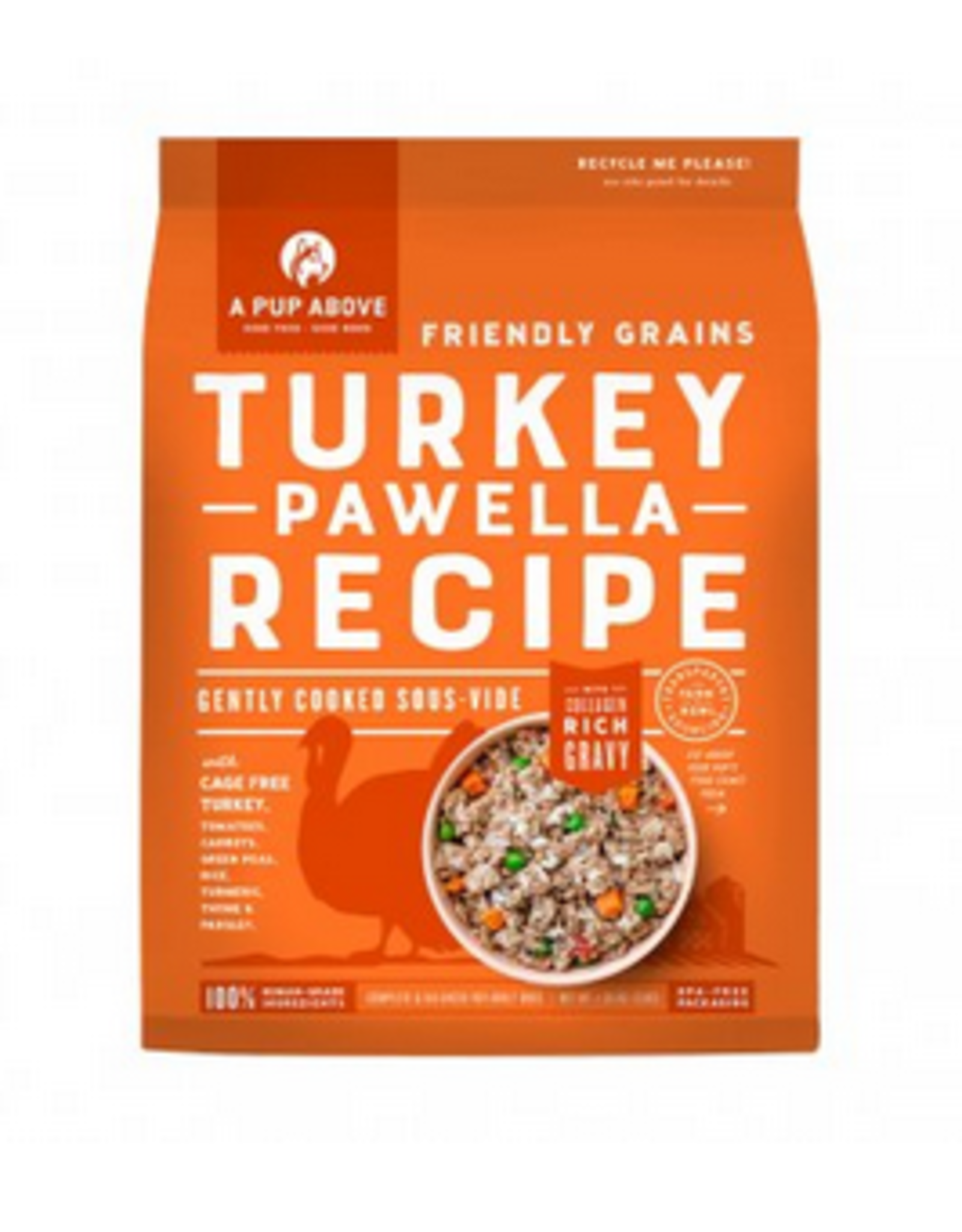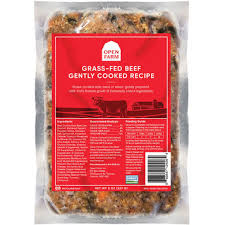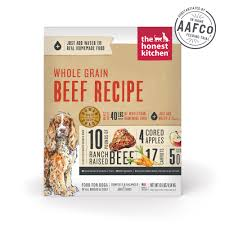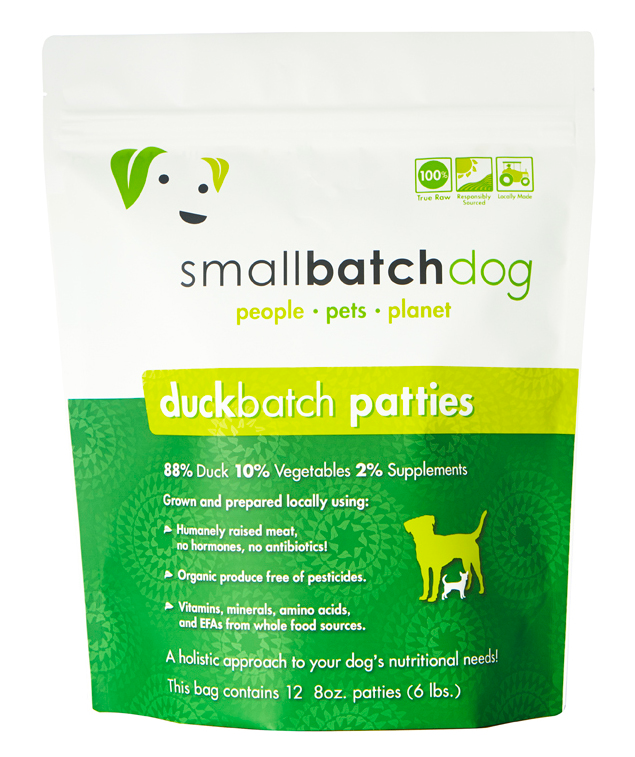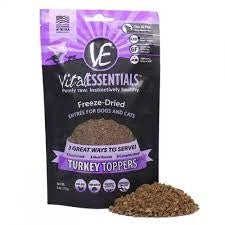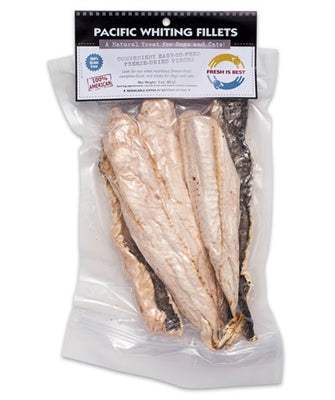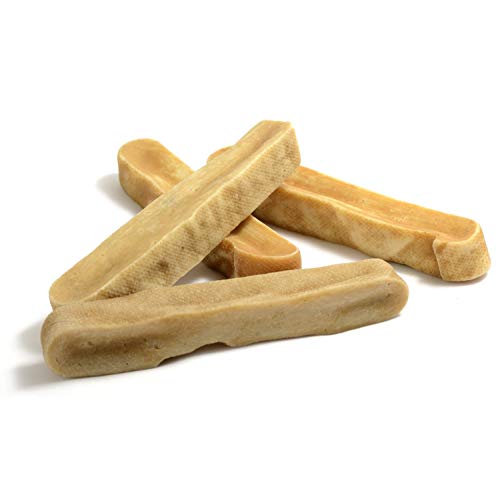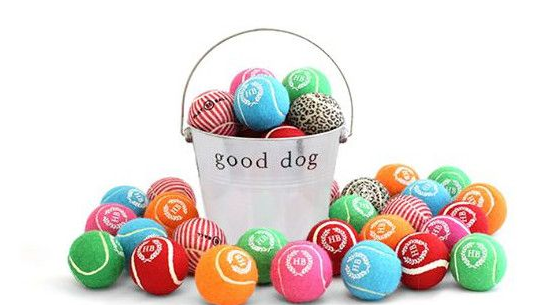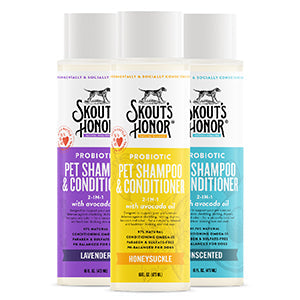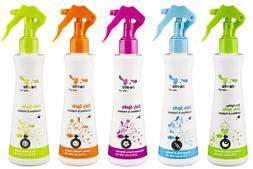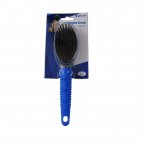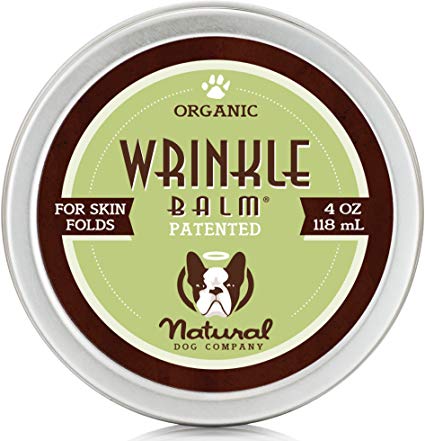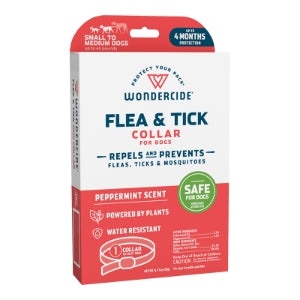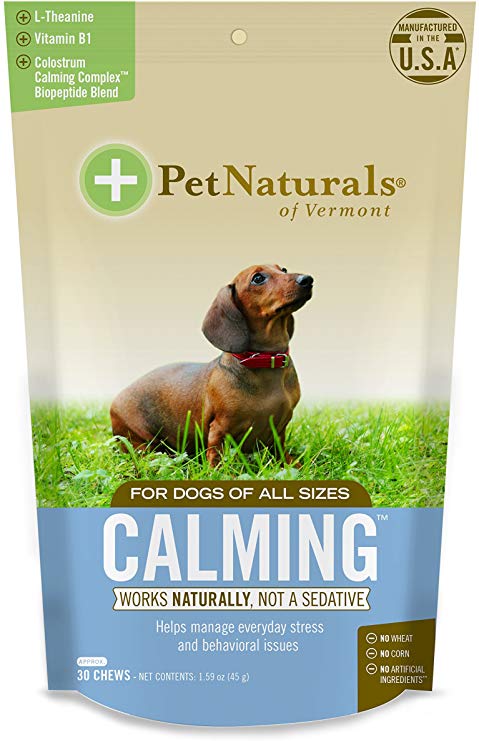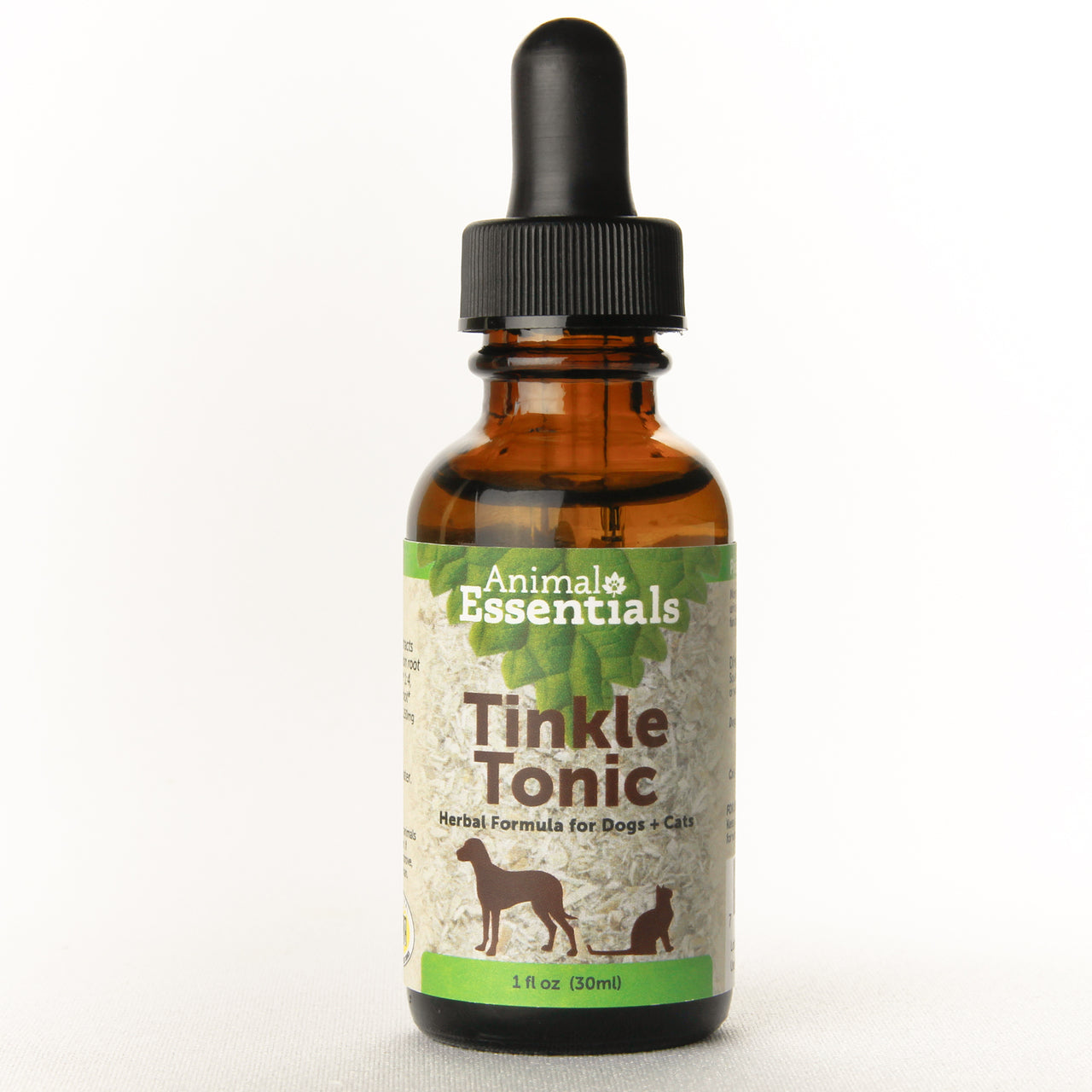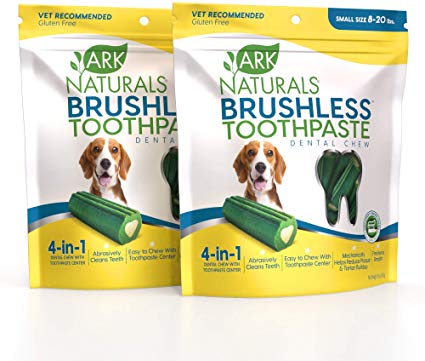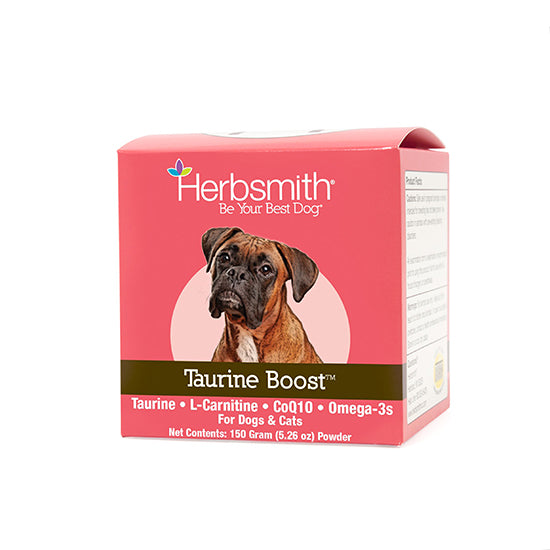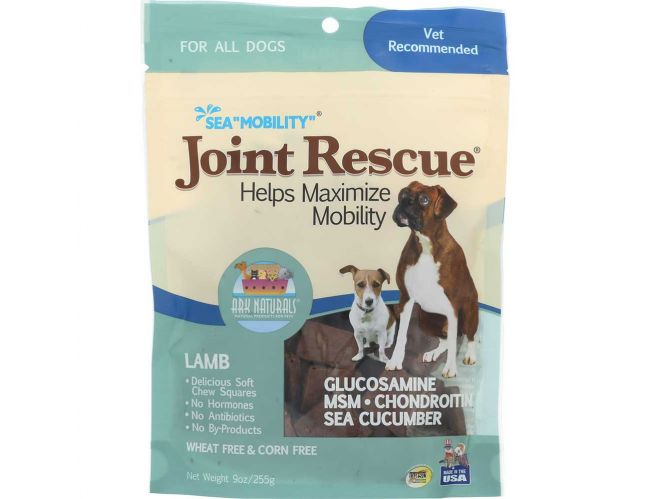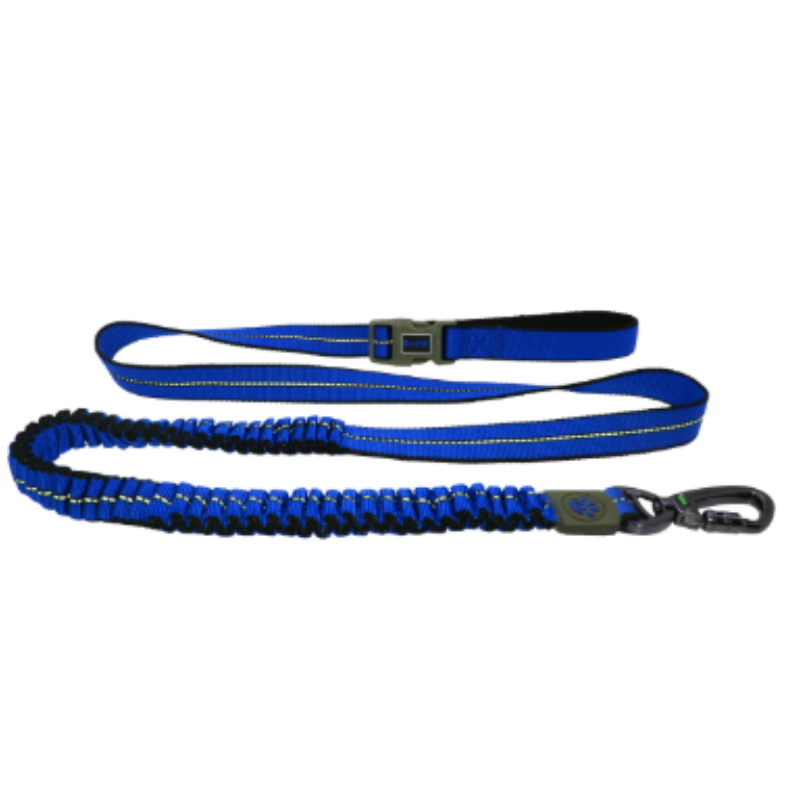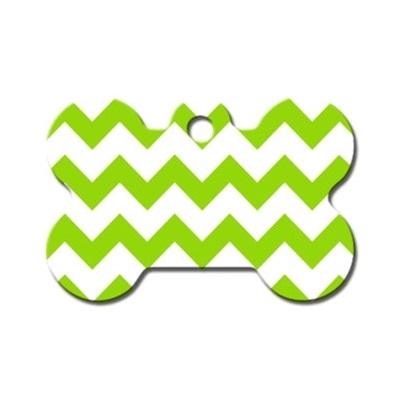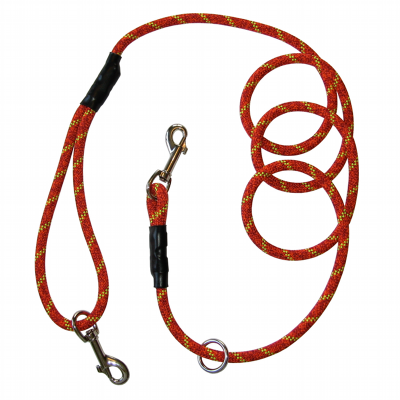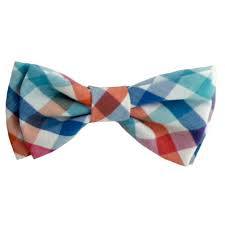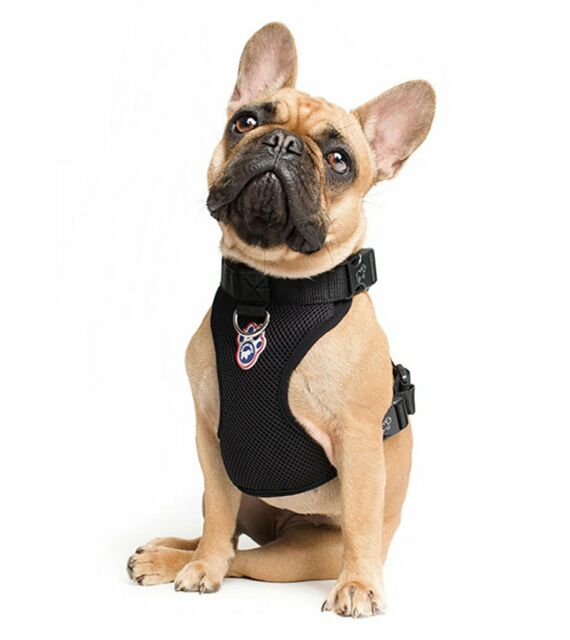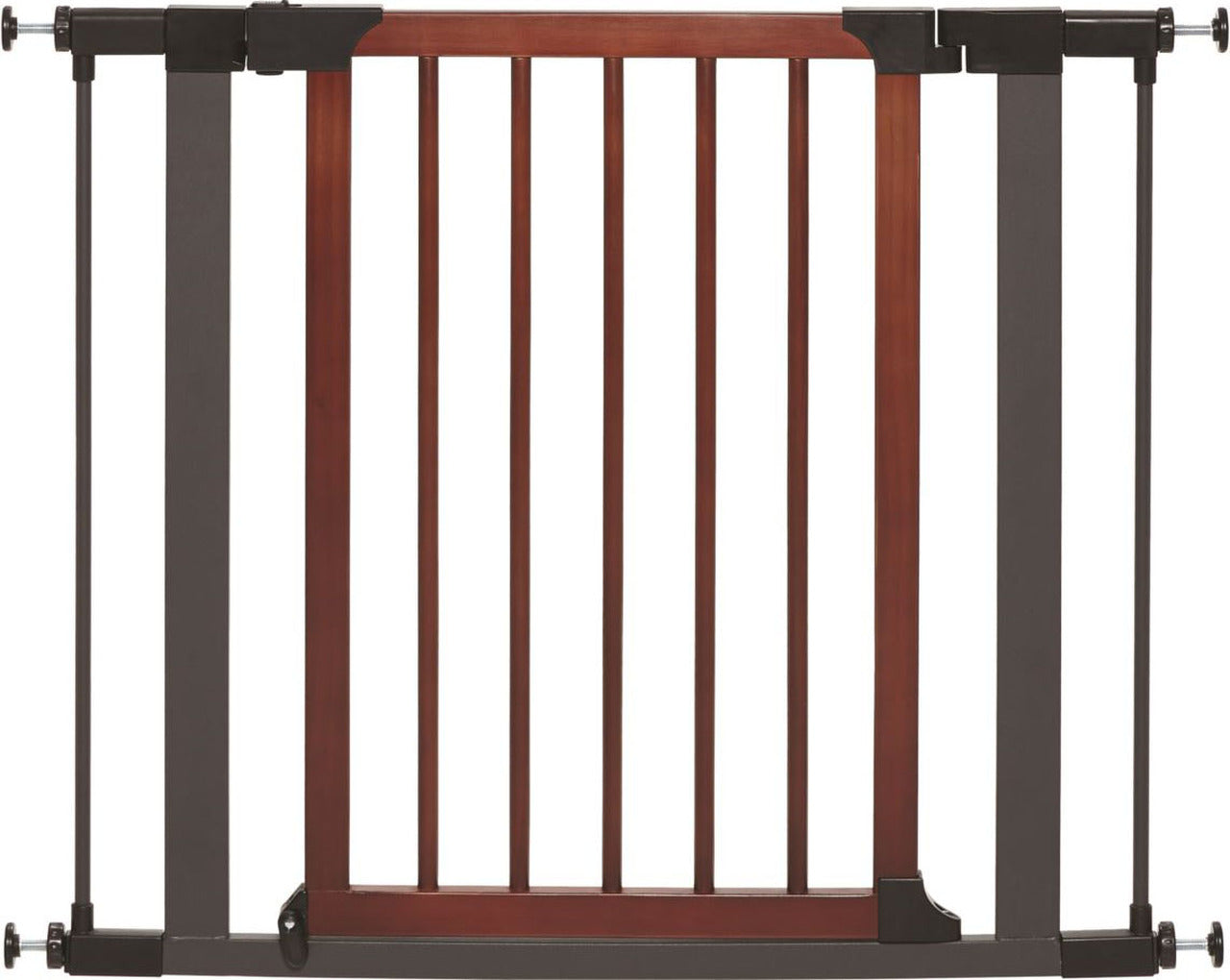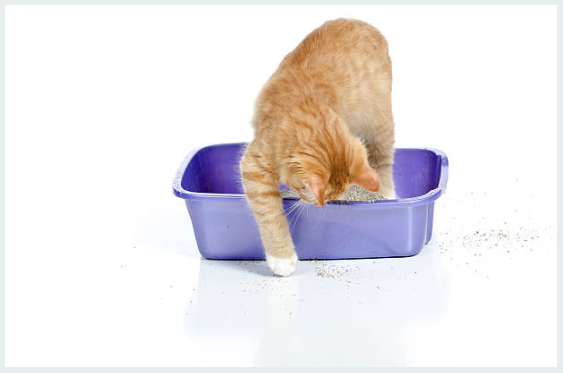As pet owners, we all want our furry friends to be happy and healthy. A key part of ensuring their wellbeing is providing them with a balanced and nutritious diet. However, despite our best efforts, our pets can still suffer from nutritional deficiencies. These deficiencies can lead to a range of health issues, so it's important to be aware of them and take steps to prevent them.
Protein Deficiency
Protein is an essential nutrient for pets as it provides the building blocks for healthy muscles, organs, and tissues. A lack of protein in their diet can result in poor growth, muscle wastage, and a weakened immune system. To prevent protein deficiencies, make sure your pet's diet includes high-quality sources of protein such as lean meats, fish, and eggs. If your pet has specific dietary restrictions, consult with a veterinarian to find suitable alternatives that will meet their protein requirements.
Vitamin Deficiency
Vitamins play a crucial role in pet health, supporting various bodily functions and helping to prevent diseases. Two common vitamin deficiencies in pets are vitamin D and vitamin B12.
Vitamin D Deficiency
Vitamin D is important for maintaining healthy bones and teeth in pets. A deficiency in this vitamin can lead to bone disorders and poor growth. While pets can produce vitamin D through exposure to sunlight, inadequate sun exposure or a lack of fortified foods in their diet can result in a deficiency. To address this, include vitamin D-rich foods like fatty fish and organ meats, or consider using supplements recommended by your veterinarian.
Vitamin B12 Deficiency
Vitamin B12 is vital for proper nerve function, red blood cell production, and brain health in pets. A lack of this vitamin can lead to anemia, digestive issues, and neurological problems. It is commonly found in animal-based protein sources, so if your pet is on a strictly plant-based diet, such as a vegan one, supplementation may be necessary. However, it is important to consult with a veterinarian before introducing any supplements into your pet's diet to ensure they are getting the appropriate dosage.
Mineral Deficiency
Pets also require an adequate supply of minerals to maintain good health. Two commonly deficient minerals are calcium and iron.
Calcium Deficiency
Calcium is essential for maintaining strong bones and teeth in pets. A deficiency in calcium can lead to skeletal deformities, weak bones, and tooth decay. Ensure your pet's diet includes calcium-rich foods such as dairy products or consult your veterinarian for suitable calcium supplements. Be cautious with supplements as excessive calcium intake can also have negative health effects.
Iron Deficiency
Iron plays a vital role in the transportation of oxygen through the body and the production of energy. A lack of iron can lead to anemia, fatigue, and a weakened immune system. To prevent iron deficiency, include iron-rich foods such as lean meats, organ meats, and dark leafy greens in your pet's diet. If needed, consult with your veterinarian to determine if iron supplements are necessary.
Omega-3 Fatty Acid Deficiency
Omega-3 fatty acids are beneficial for pets' skin, coat, and overall immune system. A deficiency in omega-3 fatty acids can result in dry skin, a dull coat, and increased susceptibility to allergies and infections. Include omega-3 fatty acid sources such as fatty fish or fish oil supplements in your pet's diet to ensure they receive an adequate amount.
Tips for Preventing Nutritional Deficiencies
Preventing nutritional deficiencies in pets requires careful attention to their diet. Here are some tips to help you ensure your pet's nutritional needs are met:
1. Choose High-Quality Pet Food
Invest in high-quality pet food that is specifically formulated to meet your pet's nutritional needs. Look for foods that contain a balanced blend of proteins, vitamins, minerals, and essential fatty acids.
2. Consult with a Veterinarian
Every pet is unique, with different dietary requirements. Consult with a veterinarian to determine the ideal diet for your pet's breed, age, and health condition. This will help you identify any potential nutritional deficiencies and make appropriate dietary adjustments.
3. Variety in Diet
Providing a diverse and balanced diet is crucial for avoiding nutritional deficiencies. Include a variety of protein sources, vegetables, fruits, and grains in your pet's meals. This ensures they receive a wide range of nutrients to support their overall health.
4. Avoid Overfeeding
While it's important to meet your pet's nutritional needs, overfeeding can lead to obesity and other health issues. Follow the recommended feeding guidelines provided by the pet food manufacturer, or consult with a veterinarian to determine the appropriate portion sizes for your pet's age, size, and activity level.
5. Supplement with Caution
Supplements should only be used under the guidance of a veterinarian. While they can be beneficial in addressing specific deficiencies, incorrect use can lead to imbalances and other health problems. Always consult a professional before introducing any supplements into your pet's diet.
A Balanced Diet for a Happier, Healthier Pet
Ensuring your pet receives a balanced and nutritious diet is essential for their overall health and wellbeing. By addressing and preventing common nutritional deficiencies, you can help your furry companion live a happier and healthier life. Remember to consult with a veterinarian for personalized dietary recommendations tailored to your pet's specific needs. With the right approach, you can nourish your pet from the inside out.
Explore another user's Shopify store by clicking here. Please note that this is a promotional link, and we assume no responsibility for the content on the linked store.



